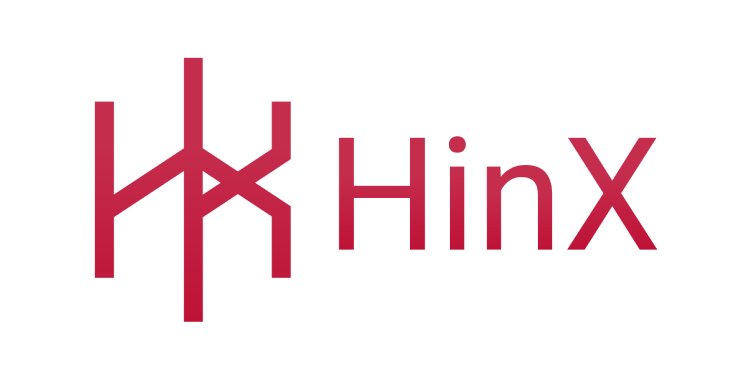This is where HinX comes in: a Corporate Intelligence company operating in the areas of governance, risk, and compliance. A mix of human and technological expertise, capable of supporting companies in facing uncertainty and mitigating risks, protecting reputation, and creating greater transparency within teams, processes, and systems.
“Our areas of expertise include corporate investigations, commercial and legal disputes, regulatory compliance reviews, fraud, financial losses, and reputational damage. We are a partner that can turn risk into opportunity,” says Gianni Falco, CEO and co-founder of HinX, with 30 years of experience in the Intelligence sector, first as an officer in the Guardia di Finanza and later in the private sector.
“Our goal is to put people and decision-makers in the position to protect themselves from risks and, at the same time, to make the best decisions to make a difference and, why not, to change the fate of their business for the better. Are we among the main players in the market today? I don’t know, and it’s not up to me to say. What’s certain is that over the past 20 years, we have operated—and continue to operate—in over 100 countries, with the largest information asset currently available in Italy, composed of more than 1,500 providers, databases, and global sanctions lists, 22 analysts, and proprietary software for data intelligence and semantic analysis.”
“For us, however,” continues Falco, “the human factor is at the center of every operation. That’s why the first letter of our acronym is the H for Human. In this sector, AI will never replace humans and their ability to connect data, people, and information. The most powerful providers and databases return only 30% of the information, and in 60% of the cases examined, the data is incorrect or outdated (on average 8,000 cases per year). Our clients are companies and industries from the most varied sectors, but also national and international law firms, financial institutions, investment funds, and family offices.
For example, imagine a multinational that wants to acquire an Italian company and turns to us to evaluate all real and potential risks. If reputational issues emerge—such as legal problems or compliance issues, damage to social reputation, labor disputes, etc.—the client will have all the necessary elements to decide whether to walk away or, at the very least, will know which areas to address in order to resolve the issues. Not only that. We also perform reputation checks on individuals, starting from simple questions like: Who am I meeting next week? Is it risky to be seen in public with this person? Is the background in that manager’s CV real? All the way to the analysis of risks across a company’s entire supply chain—for example, to strengthen an organisational model, check for conflicts of interest, or carry out anti-corruption controls.”
How does Corporate Intelligence relate to ESG themes?
“For about three years, we have developed a solution that analyses all sustainability-related risks, and a few months ago we launched Hintegrity, a subsidiary specifically focused on risk analysis for compliance with specific regulatory obligations such as anti-money laundering, anti-corruption, corporate liability (Legislative Decree 231/2001), and supply chain certification in an ESG perspective.”
On this topic, Gianni Falco highlights how today more than ever, SMEs—as well as large corporations—are called to manage economic and financial sustainability in an integrated way, together with social and environmental sustainability.
“The challenge is not just to claim to be sustainable, but to prove it with data and information,” he explains. “In short, to be truly sustainable it will be necessary to build and nurture a real ecosystem—that well-known circularity. To make this real and effective, ESG due diligence will be required across supply chains: an evaluation process aimed at identifying, preventing, mitigating, and reporting how an organisation manages its actual and potential negative impacts, including those related to its suppliers.”
“This solution,” concludes Falco, “will also allow SMEs to meet the already existing requirements of large groups in order to be included in their vendor lists.
Small business owners will need to qualify their business partners from an ESG standpoint if they want to stay competitive, increase the value of their company, and improve its financial viability.
With us, there’s no need to subscribe to databases or hire internal staff capable of analysing data. There are no minimum request thresholds, and we monitor the position of the assigned target for 12 months following the initial check.”




